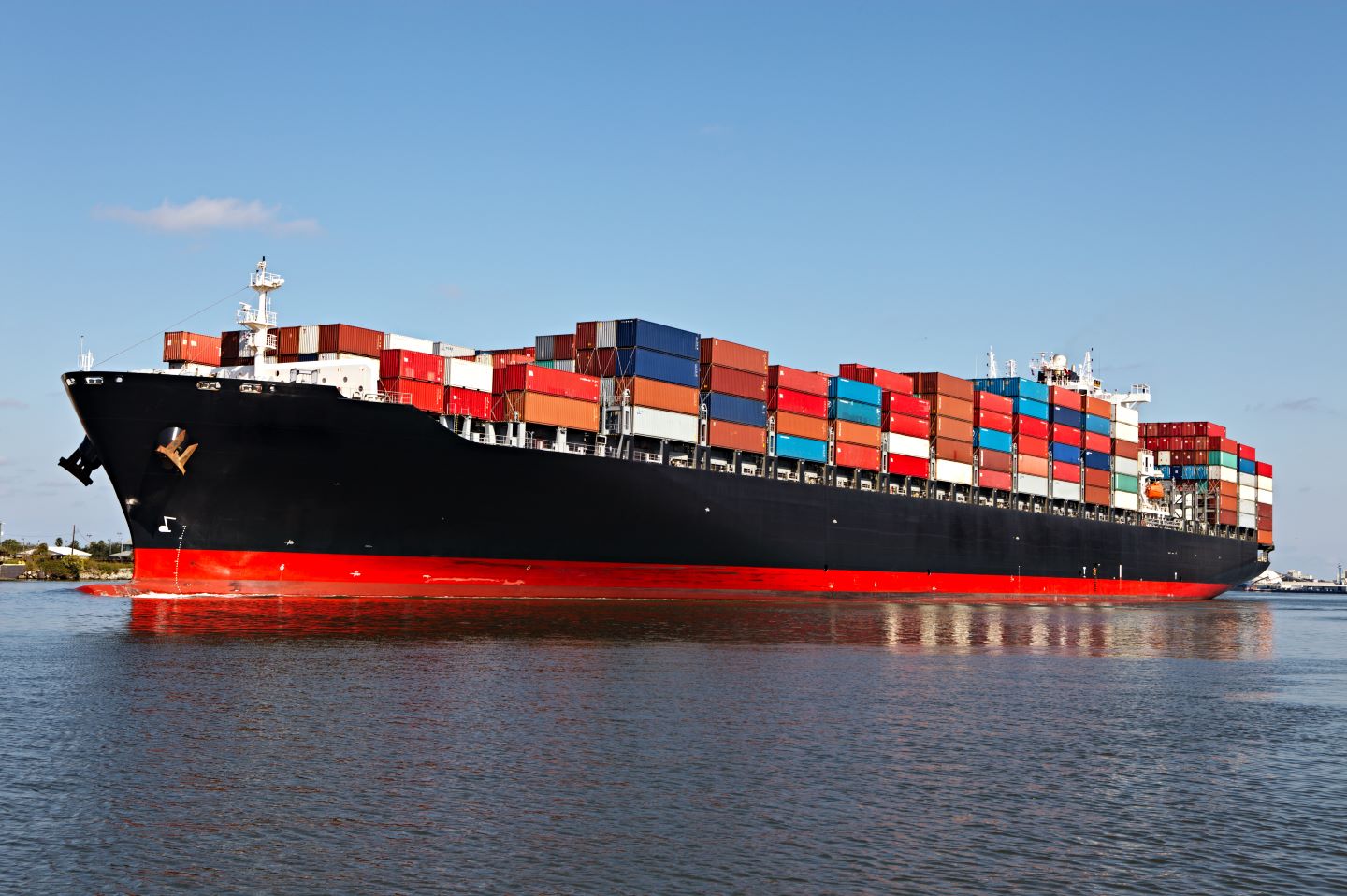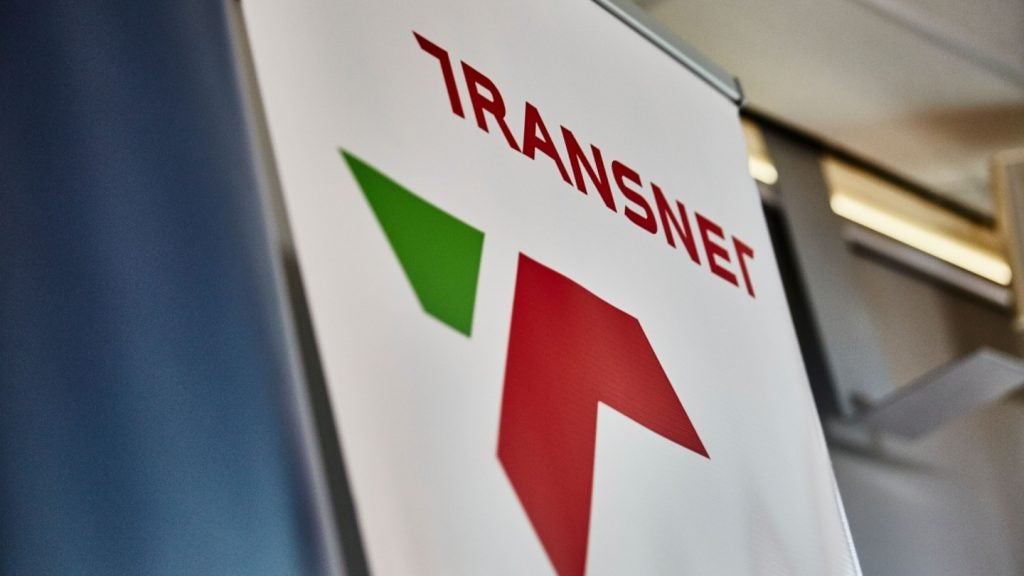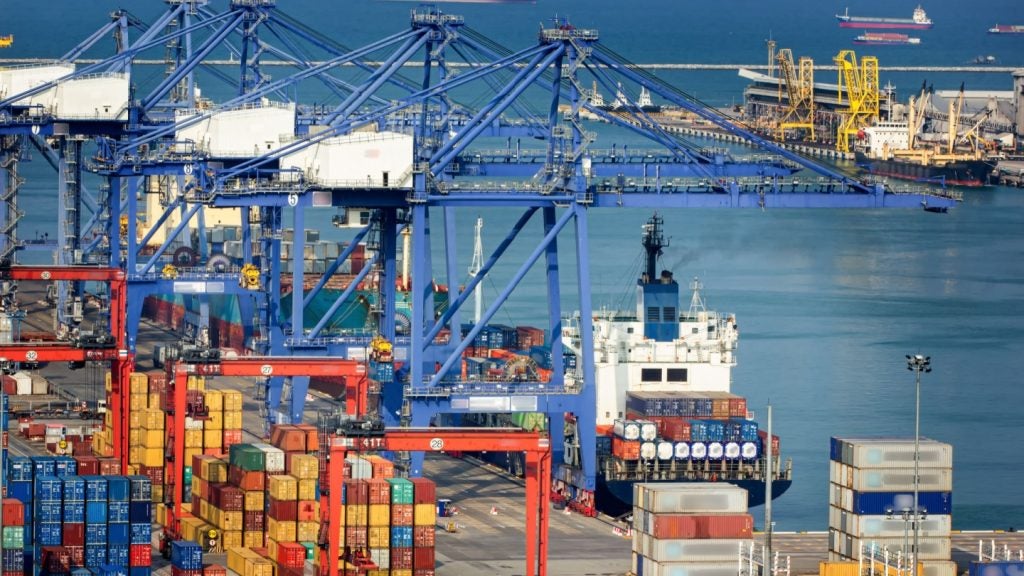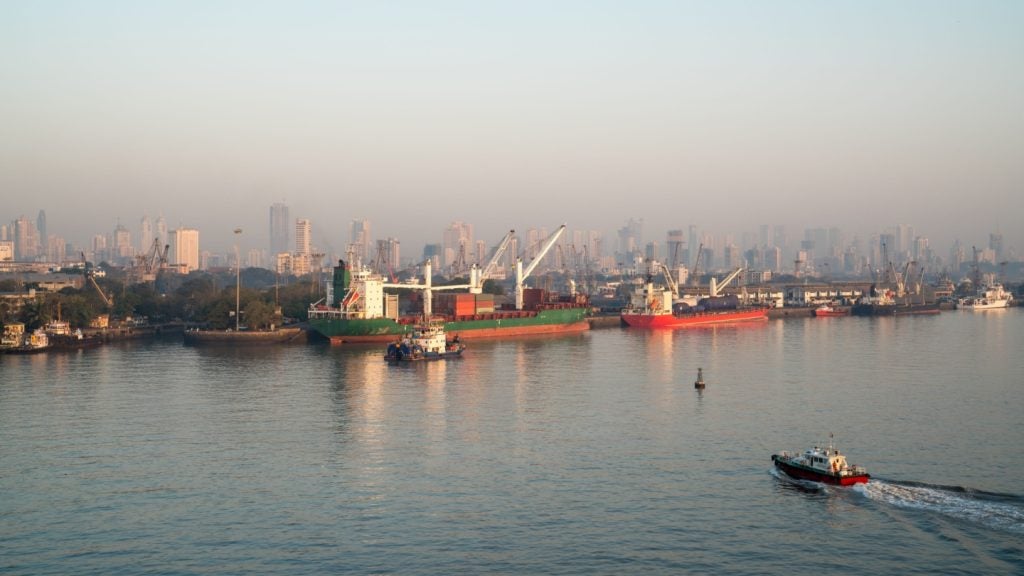
The International Maritime Organisation (IMO) adopted an initial strategy in 2018, as part of its role as the global regulator of international shipping, on the reduction of greenhouse gas (GHG) emissions on ships.
The IMO stated the adoption of the revised strategy in 2023 will be evaluated using the data collection system on fuel consumption of ships over 5,000 gross tons, which began on 1 January 2019.
The initial GHG Strategy was adopted by IMO’s Marine Environment Protection Committee and stated a reduction of up to 40% of emissions by 2030 and an effort to reduce emissions by 70% by 2050.
The degree of ambition for absolute GHG emissions from shipping, not just for 2050 but also for 2030 and 2040, is one of the key points still up for discussion.
Understanding this, the United Nations division that controls global shipping will meet in London from June 26 to July 7 to examine decarbonisation and the potential for a new levy of up to $100 per tonne of carbon emitted by ships, The Guardian reports.
The highest technological reduction potential for international shipping by 2030 has been examined by CE Delft as a contribution to the discussions on the modification of the Initial IMO Strategy.
How well do you really know your competitors?
Access the most comprehensive Company Profiles on the market, powered by GlobalData. Save hours of research. Gain competitive edge.

Thank you!
Your download email will arrive shortly
Not ready to buy yet? Download a free sample
We are confident about the unique quality of our Company Profiles. However, we want you to make the most beneficial decision for your business, so we offer a free sample that you can download by submitting the below form
By GlobalDataCE Delft reported the maximum technical reduction potential can be reached on all ships in the world fleet if they used the CE-Ship model.
The CE-Ship model regulates processes like the wind-assisted propulsion option, which has the biggest efficiency gain.
In addition to this, the model demands a 20–30% speed reduction and five to ten per cent of the ship’s energy coming from zero-GHG fuels.
According to CE Delft’s findings, assuming the previously stated assumptions, it is theoretically feasible to cut shipping emissions by 28–47% by 2030 in comparison to 2008.
Lowering speeds and other operational efforts account for almost half of the emission reductions, wind-assisted propulsion and other technological measures account for a quarter and utilising zero and near-zero-GHG fuels account for the remaining quarter.







